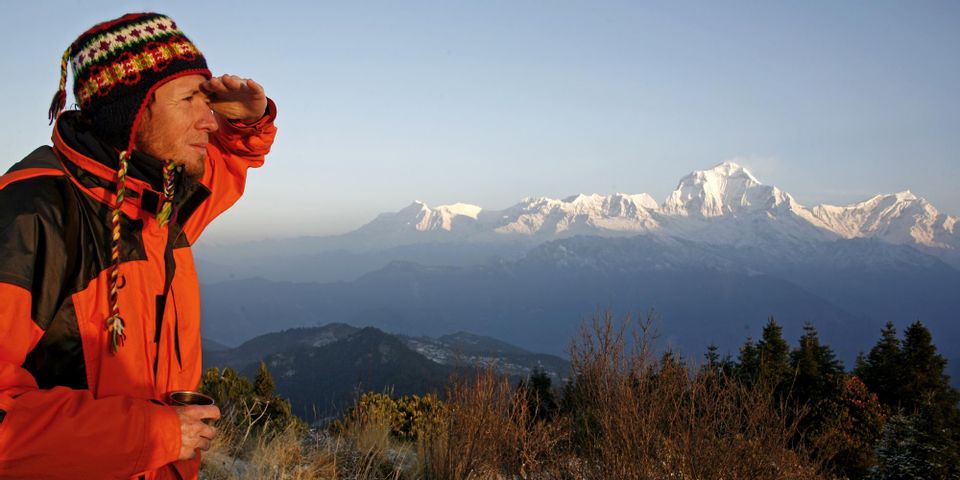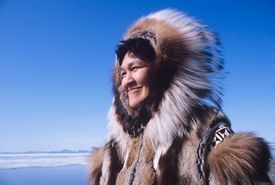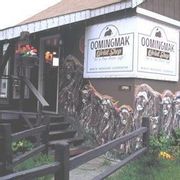An Introduction to Alaska's Yupik Tribe

The harsh Alaskan wilderness is home to the Yupik, an indigenous tribe of Arctic people. For thousands of years, they’ve thrived in the cold climate by wandering, hunting, and passing down their knowledge and culture to each new generation. Today, some of the Yupik do more than hunt—they create Alaskan native goods as part of their livelihoods. Here’s a closer look at the Yupik people of Alaska.
Who Are the Yupik?
One of the 11 different tribes in Alaska, the native Yupik have settled in the Yukon-Kuskokwim Delta while some can be found along the coasts of Bristol Bay, Nushagak Bay, Egegik Bay, and Naknek River. Their way of life has been sustained by the sea where they hunt for fishes, birds, and sea mammals like seals, walruses, and sometimes whales.
The Yupik traded with other coastal Alaskan tribes, such as the Aleut, Tlingit, and Alutiiq, whom they have the closest association with. Sometimes, the Yupik and Alutiiq intermarry, and their languages are similar to each other.
Early History
 Before the Yupik lived in permanent villages, they were nomads who hunted and moved to where there was an adequate food supply. They built tents and camped according to the season—in spring and summer, they settled in fish camps, but during winter, they lived with others in the village site. In the settlements, dome-like tents made with sealskin housed men and women separately.
Before the Yupik lived in permanent villages, they were nomads who hunted and moved to where there was an adequate food supply. They built tents and camped according to the season—in spring and summer, they settled in fish camps, but during winter, they lived with others in the village site. In the settlements, dome-like tents made with sealskin housed men and women separately.
Called qasgiq, the communal tent for men served as a community center for holding ceremonies and festivals. Once in a while, the entire village gathers inside to listen to stories about the cycle of life, and learn about Yupik morals and values. Similar to a church, a qasgiq is a place for gatherings called potlatch, a ceremonial feast that includes storytelling, dancing, and singing. It is also where boys were taught by men to hunt, make tools, and survive the wild. Surrounding the qasgiq was the ena, the tent for women.
Traditions & Cultures
The native Yupik believe that spirits live in everything, and Ellam Yua is the spirit and creator of the universe. Even if the Yupik hunt animals and pick plants for food, they must never forget to show respect for allowing these creatures to be captured. Over time, non-natives ventured into the settlements of the Yupik, impacting some of their traditions and culture. Some tribesmen still hunt, even if packaged foods are available. To augment income, some women knit qiviut to produce Alaskan native goods.
The Yupik of the Alaskan wildness has a rich, colorful history and culture, and a number of them make up the Oomingmak Musk Ox Producers’ Co-Operative. Since 1969, this cooperative has been co-owned by 250 women who produce quality Alaskan native goods like headbands, hats, and stoles made from qiviut, the underwool of a musk ox. To learn more about their crafted Alaskan native goods, call (907) 272-9225. or visit them online.
About the Business
Have a question? Ask the experts!
Send your question

